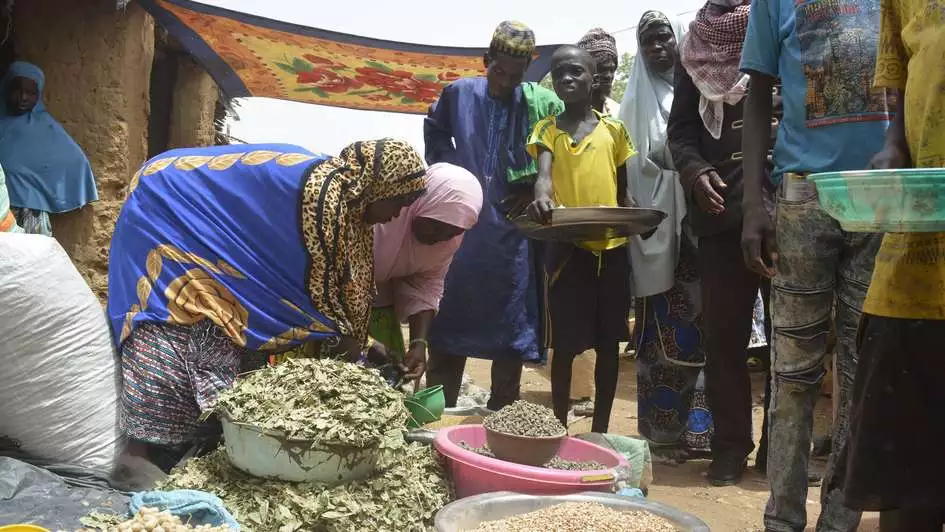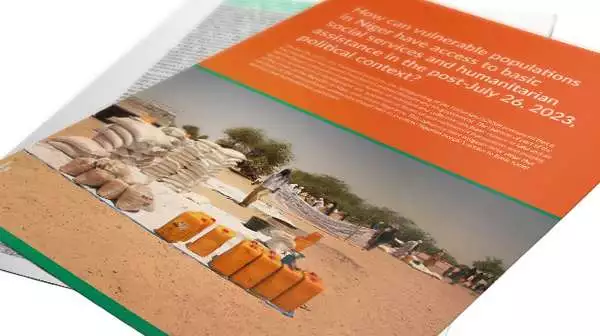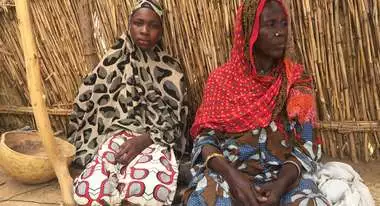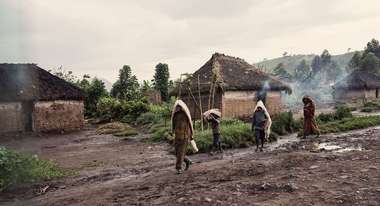3 steps to preserve Nigerien people's access to basic social services and humanitarian assistance.
Niger: Access to basic social services and humanitarian assistance
Humanitarian NGOs suggest actions to preserve Nigerien people's access to basic social services and humanitarian assistance in new advocacy brief

On July 26, 2023, the National Council for the Safeguarding of the Fatherland (CNSP) announced that it had overthrown the current President Mohamed Bazoum and his government. The reaction of part of the international community resulted in a number of individual and collective sanctions: closure of land and air borders, suspension of development aid, suspension of financial and commercial transactions and freezing of the assets of the Republic of Niger and certain Nigeriens.
This advocacy brief, signed by Welthungerhilfe alongside 44 other international NGOs, suggests three steps that members of the international community should take to preserve Nigerien people’s access to basic social services and humanitarian assistance.
1. Introduce humanitarian exemptions to all the collective sanctions adopted against Niger, in order to guarantee the continuity of access of vulnerable populations in Niger to humanitarian services.
2. Review the sanctions adopted to date by applying the principle of “Do no harm” to any measure adopted against Niger, in order to guarantee protection and minimize the negative impact on the living conditions of the populations.
3. Creativity, flexibility, and adaptation of financing mechanisms must be demonstrated in order to maintain access to basic social services for the populations of Niger.
You can download the full advocacy brief in our publications section.
Welthungerhilfe is one of the largest private aid organizations in Germany and has no political or religious affiliations. With courage and determination, Welthungerhilfe has been working towards a world without hunger since its inception on 14 December 1962, during which time it has provided funding of EUR 4.75 billion for more than 11,498 overseas projects in around 72 countries. Welthungerhilfe operates according to the foundational principle of help for self-help, which it implements with measures ranging from rapid disaster relief to rehabilitation to long-term development co-operation projects with national and international partner organisations.








